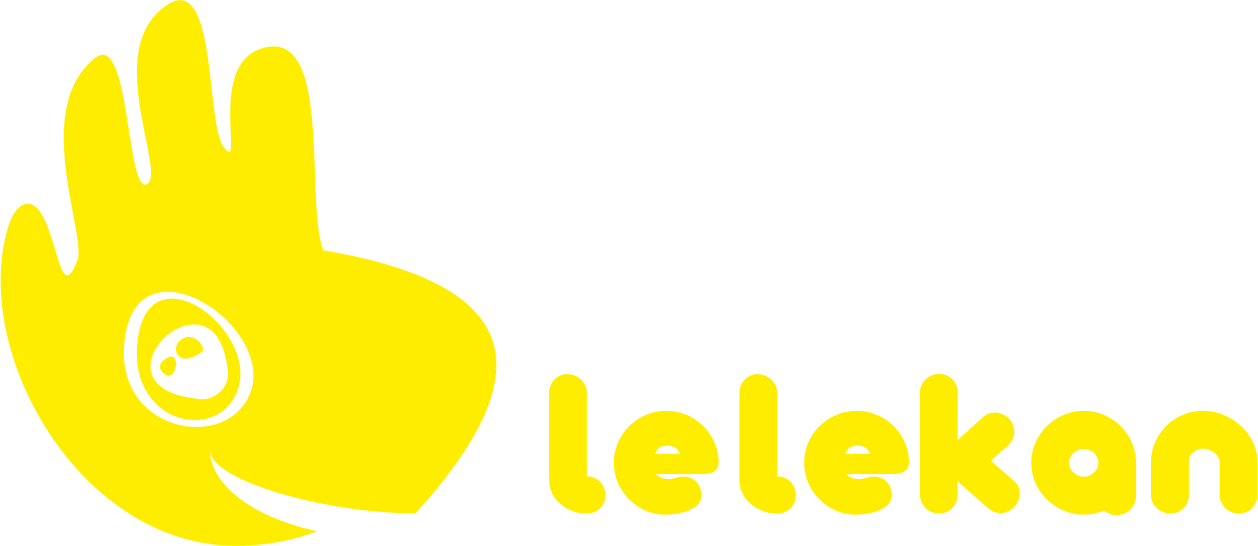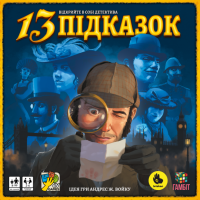13 Clues review and its advantages over Clue
Related Products
13 Clues is a pure deduction game. At first glance, 13 Clues is an update of the classic Clue . I solve the mystery. Through thorough questioning, I must determine who committed the crime, what weapon was used, and where the crime was committed. But 13 Clues offers a few twists and advantages over Clue .
The first feature is that each player has their own unique secret. During the preparation, 3 cards are distributed - the person, the weapon and the scene of the crime. They are placed at the front of the screen so that the player cannot see his 3 cards, but everyone else can. I have to guess what my 3 cards are before my opponents guess theirs. Just looking around the player sheet, you see a lot of information. Next, everyone begins to cross off the cards they see on the player's sheet, eliminating all known combinations except 13 (hence the name 13 Hints).

(There is plenty of space on the player sheets to write down thoughts and observations.)
Each player, solving his own mystery, corrects the main drawback of Clue - the elimination of the player. In Clue, guessing the solution is very risky. If the guess is wrong, I'm out of the game. If I'm the first-guess player, I'm at a huge disadvantage. Not only can I lose instantly, I also give my opponents useful information. In 13 clues, I can guess my solution as many times as I want without penalty. Other players will tell me if I'm right or wrong. A wrong guess has no negative impact.
I really like this system. Often there will be one clue that I can't figure out. Perhaps it is difficult for me to formulate the question correctly, or the opponent is deliberately withholding information, or someone made a mistake. But in 13 Clues, I can only guess when that will happen. Often a wrong answer gives me the clue I need and I can solve the case next turn. Even better, I never have to be afraid to guess. Sometimes my opponent makes a wrong guess that's so close that I know he'll figure it out next turn, while I might be a few hints away from perfecting my decision. Instead of waiting for the inevitable, I can safely venture to guess on my own. Who knows, maybe I'll be lucky!
The second twist is tempo. Competitive deduction games should slow down the leader, allowing the laggards to catch up. Clue does this with a dice roll and move where I can spend a few turns moving to a new location. 13 Hint leads the game with magnifying glass tokens. I start with 1 token that I can spend on my turn either interrogating my opponent, looking at a hidden card, or making accusations. When I interrogate an opponent, I give him my magnifying glass. So a player who is constantly passing on information will get more opportunities in his turn. If I ever run out of dandruff, I take it from the stash.
This has a nice side effect — players will naturally hold the magnifying glass without giving them ice. If everyone at the table thinks I'm ahead, that I know too much, they can stop asking me questions and instead pick a player they think is behind. I'll still get one question per turn, but others will get 2 or even 3 pieces of information per turn to help them catch up. Of course, at some point these players may have enough information from others to ask me questions, allowing me to catch up. I really like games with catch-up mechanics, and 13 Hints has a real subtle method that doesn't feel like an overt help.
The questions are also very different. Instead of asking for specific cards a la Hint, I ask the opponent how many cards are of a certain category (male/female person, indoor/outdoor location, melee/ranged weapon) or color (grey, brown, white, orange) they can see From their answers, I draw the cards in front of me. For example, if I ask how many male characters you see and she says "none," I know my suspect must be a woman. If I ask her how many open locations she can see and she says "one," then my location is most likely outside. It just might not be. We each have 2 hidden cards that we can see. One of these 2 cards can be an outdoor area. So when it says it sees 1 outdoor location, it could mean that my location is actually indoors.

(People, places, and weapons are easy to distinguish with simple icons.)
All information is shared openly. Often I can get information from the questions and answers of my opponents. It doesn't matter who is asking the question, if someone says they see 0 gray cards, I know none of my cards can be gray. Likewise, if someone says they see exactly 2 ranged weapons, and I also see 2 ranged weapons, I know my weapons must be melee. I love it. It keeps me interested and attentive even when it's not my turn. I also need to be careful with my questions so I don't inadvertently cause a leak.
Determining the cards I have is much harder than Clue. Since I can't ask about a specific card, discarding cards can be very difficult. Imagine that I know the person and the weapon, but have 2 options for the location. Both options are out of place, so I can't ask about that category directly. One is gray, one is orange, but I also have an orange person and a gray weapon. No question seems to help me choose! Even without guessing (what would I do in this situation), it is still possible to identify the cards. This complexity of deduction can be frustrating. 13 Hints lose some of their fun when players don't understand each other.
Perhaps 13 Clues's worst sin is that it can hang with the wrong crowd. If everyone around the table is deadlocked, move after move will go through without progress. Eventually, players will start guessing at random. Taking a stab in the dark and being right isn't that exciting. Fortunately, most games are played quickly and all players are agonizingly close to the solution when the crime is solved. Often we will play 2 or 3 games of 13 Hints back to back.
13 Clue is a great modern update to Clue . Similarities to this classic make this game easy to teach others. Giving each player their own secret solves the problem of player elimination. Deduction is a bit more complicated than I expected, making some games a real puzzle. Despite the difficulties, everyone around me loves 13 Tips!





